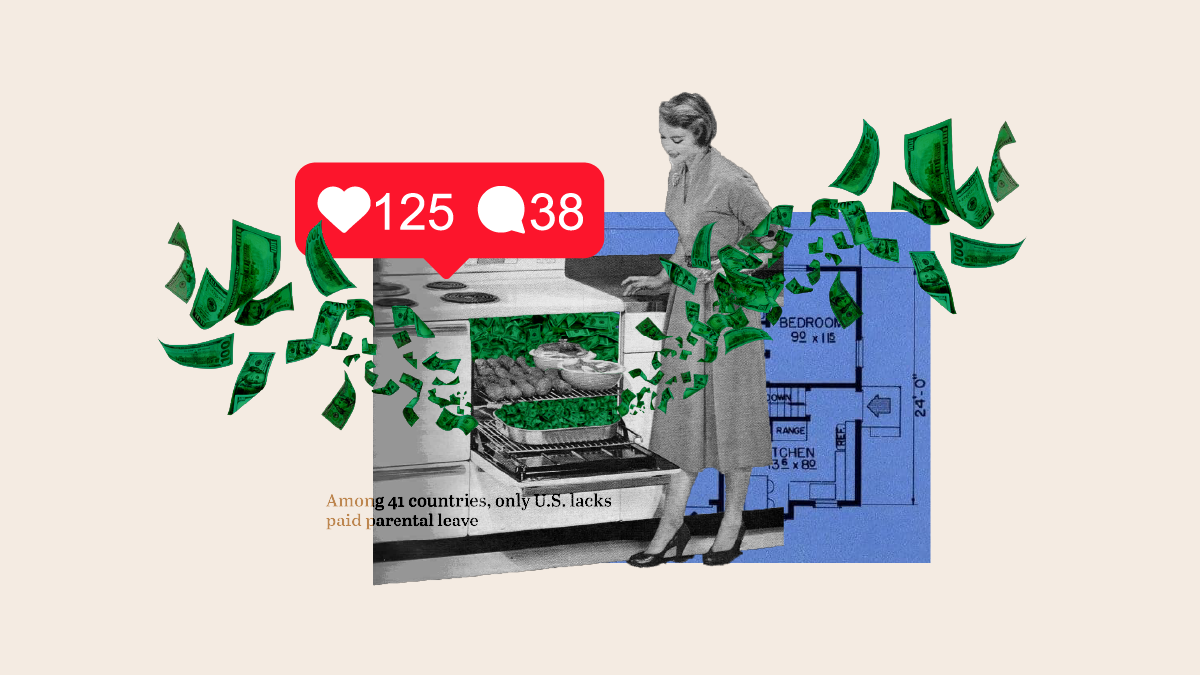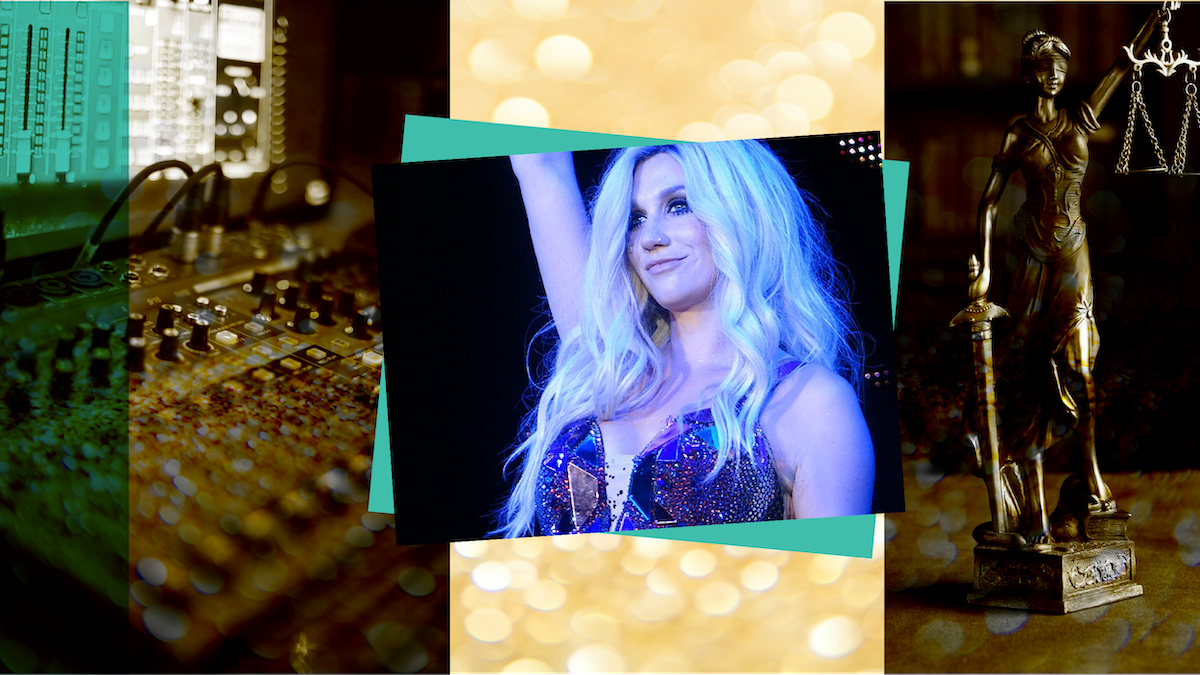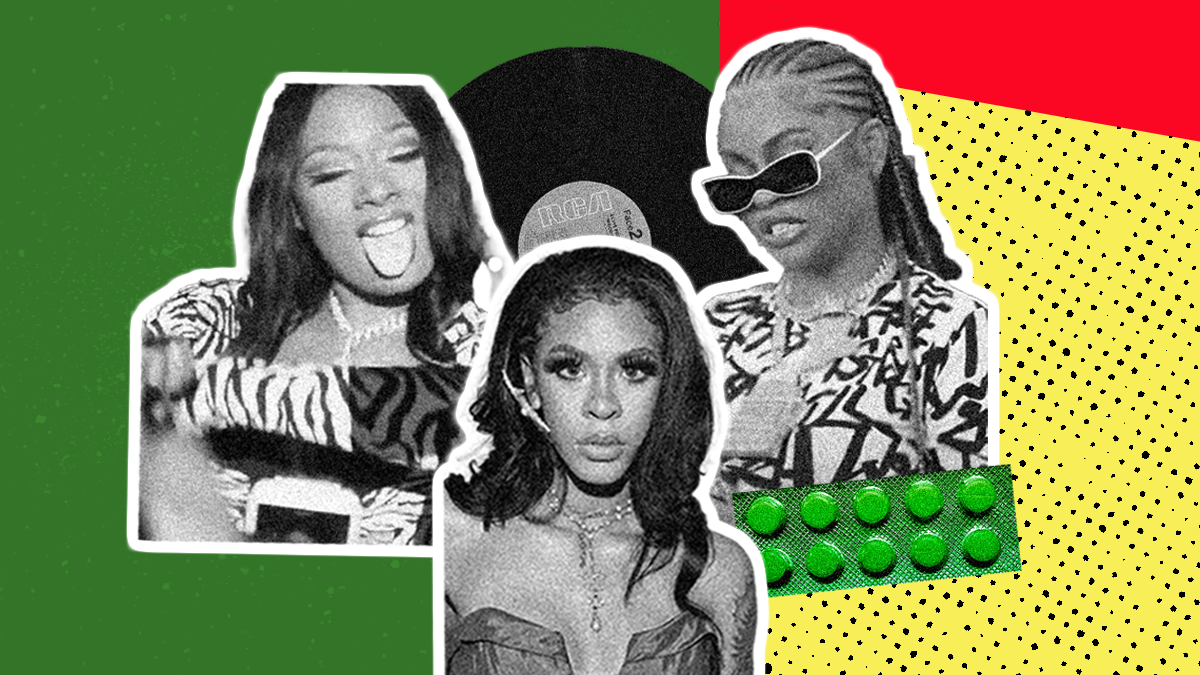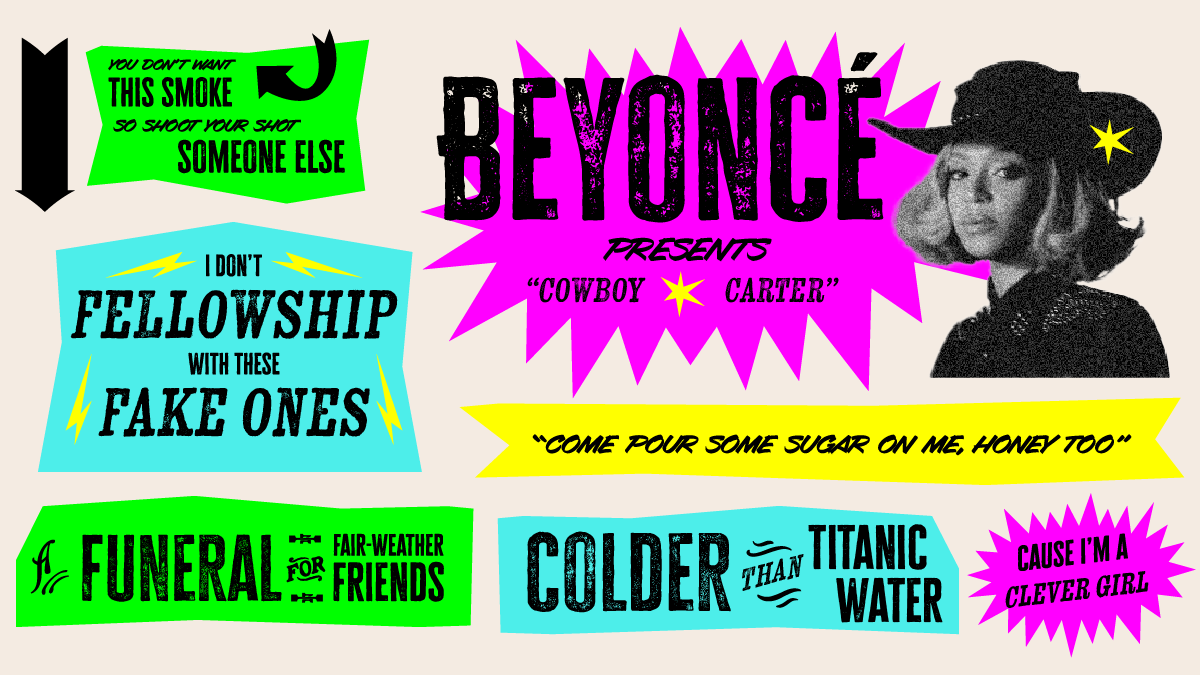Abortion rights, women of color, and LGBTQIA+ people are under attack. Pledge to join us in fighting for gender justice.
Season Nine of Love Is Blind Reveals America’s Embrace of “Traditional” Gender Roles—And Its Hypocrisy

Did this season of Love Is Blind feel weirdly…regressive to anyone else?
As a long-time watcher of the show, season nine of Love Is Blind (which takes place in Denver, but pulls contestants from all over Colorado) feels markedly more traditional than past seasons.
Admittedly, the premise of the show has always upheld some level of traditional norms. The goal of the show is to get engaged and then married, and though there have been queer cast members, the couples themselves have always been heterosexual. And despite the “blind” premise of the show, cast members are almost always thin and reflective of white, Euro-centric beauty standards. The pull toward conservativism this season could also just be a function of where the show is set, which changes season to season. And the sample size is, of course, small: we’re following maybe 10 people each season and forming wide-sweeping judgments based off them.
Even so, this season’s couples’ conversations shocked me, and felt like evidence of a bigger trend happening in society. Various cast members displayed shockingly narrow conceptions of how women should act and what role they should play in a relationship – and made me feel like we were revisiting societal issues I *thought* we hashed out decades ago.
Two seasons ago, cast members were discussing the U.S. military industrial complex and how birth control is ultimately up to the person taking it. Yet this season we witnessed:
- Cast members reacting negatively to the idea of having a gay child (“I can’t tell you I would be the first person to be like, ‘Yay!’” Annie says).
- Another cast member bemoaning parents who send their kids to daycare, AKA who don’t have the ability to stay home full-time (in episode 10 Ali says: “When we have kids, I don’t see any reason to pawn them off to a daycare. We want to raise our own kids.”).
- Annie worrying that her fiancé won’t be “manly” enough to meet her dad’s requirements.
- A male cast member having a fit because his partner wants to wait until marriage to have sex after he learned other couples were already having sex.
The egregious, unchecked misogyny (committed by men and women alike!) goes on and on.
The conservative leanings of some of this season’s cast members and conversations make perfect sense in an era where pronatalism, hysteria surrounding falling birth rates, and proposals for “motherhood medal” are on the rise. People’s views on gender and the roles men and women are supposed to play seem to be veering away from gender equity and back toward more traditional gender roles. In this world view, men are supposed to occupy one role (provider, strong, steady) and women another (homemaker, emotional, nurturing). We may be following a common swing in American history: hard-fought gains advancing the rights and status of a minoritized group, followed by an intense period of backlash toward that group.
Fittingly, this season also showcases the real harms of this regressive movement—and the hypocrisy of many people who espouse these beliefs.
Megan, a prominent cast member this season, offers us a prime example. She says she prefers traditional gender roles and wants to be with a career-oriented man. Yet she also defies many traditional views of how women should act by:
- Being by far the main breadwinner in her relationship (she previously worked in oil and gas and now runs her own business),
- Bringing a male best friend to her wedding dress fitting, and,
- Becoming a stepmother, if she winds up marrying the person she picks from the pods.
It’s almost like people who believe in constricting the breadth of roles women can play in society only want those limits placed on other people, not themselves. It’s part and parcel of the current trad wife-ification of gender roles where people keep what they like from traditional gender roles (the politics of white supremacy, the homophobia and transphobia, the rejection of bodily autonomy and reproductive rights) and get rid of the rest (women should always stay home, no birth control ever, no divorce).
Just look at some comments made at a leading conservative women’s summit this past summer. Alex Clark, a successful podcast host and businesswoman, told the nearly 3,000 conservative women in attendance: “We’re done pretending that a cubicle is more empowering than a countertop.”
The irony, of course, is that Clark only had the platform to espouse these pro-staying at home views because she didn’t quit work.
But back to Love Is Blind: I’m not mad that Megan wants to be responsible for the dishes, or that she wants to keep working. Everyone should be able to pursue whatever division of labor they want in their relationship. But the key word there is want. What makes me angry is that Megan either doesn’t realize or won’t admit that she has the choice to pick what chores she wants to be responsible for and whether she works because so many people have fought against rigid gender roles and gender stereotyping. And yet, she says she wants traditional gender roles—the very roles that, a few decades ago, wouldn’t have let her get any job, let alone a high-powered one.
I can only hope Megan, the rest of the cast of Love Is Blind Denver, and our society will soon realize that supporting traditional gender roles doesn’t just constrict others—the limitations and restrictions on freedom will come for you, too.




